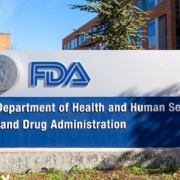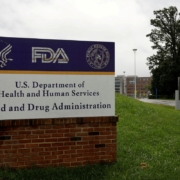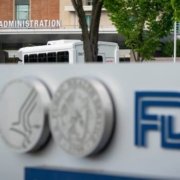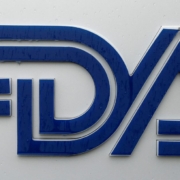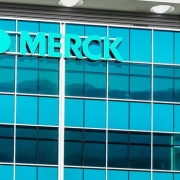Akebia stands by anemia in CKD drug in dispute resolution request
Akebia stands by anemia in CKD drug in dispute resolution request
Published: Nov 07, 2022
By Heather McKenzie
BioSpace
Akebia Therapeutics is not taking its recent regulatory loss laying down, announcing it has submitted a Formal Dispute Resolution Request with the FDA regarding the rejection of vadadustat in anemia due to chronic kidney disease.
The Cambridge, Mass.-based biotech revealed the FDRR in its third-quarter earnings report Thursday.
In March, the FDA rejected the new drug application for vadadustat in this indication, citing safety concerns including thromboembolic events and the risk of drug-induced liver injury. The regulator said the data did not support a favorable benefit-risk assessment of vadadustat for dialysis and non-dialysis patients.
At the time, the FDA said the drug could still show a favorable benefit-risk assessment through new clinical trials.
In an investor call Thursday, Akebia CEO John Butler said the focus for the FDRR on the “favorable balance of the benefits and risks of vadadustat in adult patients on dialysis” was informed by an end-of-review meeting with the FDA.
Butler additionally honed in on the high unmet need in this patient population.
When pressed for further detail, he said “the dialysis data…clearly demonstrates that the product can be used safely” and that “the concerns expressed in the CRL can be labeled around.”
Based on the typical FDRR process, Akebia expects a response prior to the end of 2022, Butler said.
Akebia’s Ups and Downs
Vadadustat, the company’s lead investigational product, is a hypoxia-inducible factor prolyl hydroxylase inhibitor (HIF-PHI) that is designed to mimic the body’s response to lower levels of oxygen. The idea is that inhibition of HIF-PH can lead to increased red blood cell production and improved oxygen delivery to tissues.
In June, Akebia’s development partner, Otsuka Pharmaceuticals, terminated the global license agreements it had struck for the drug, resulting in Akebia regaining all global commercialization rights.
Akebia submitted a marketing authorization application for vadadustat to the European Medicines Agency last October and is targeting a potential approval there by the end of the fourth quarter, Butler said during the call.
Vadadustat is also being studied as a potential treatment for ARDS, the serious form of which carries a mortality rate of “over 40%”, Butler noted.
In August, Akebia reported what Butler called “encouraging” initial findings from a Phase II investigator-sponsored clinical study of vadadustat in ARDS patients with COVID-19 and hypoxemia.
He added that Akebia is working closely with its partner, the University of Texas Health Sciences Center, Houston, on the design and timing of a follow-on, placebo-controlled study in a broad ARDS population.
During the earnings call, Butler emphasized the importance of having clarity on a potential path to U.S. approval for vadadustat to Akebia’s long-term planning.
The March rejection hit the company hard as it went into restructuring mode, laying off 42% of its workforce.
Source: BioSpace


